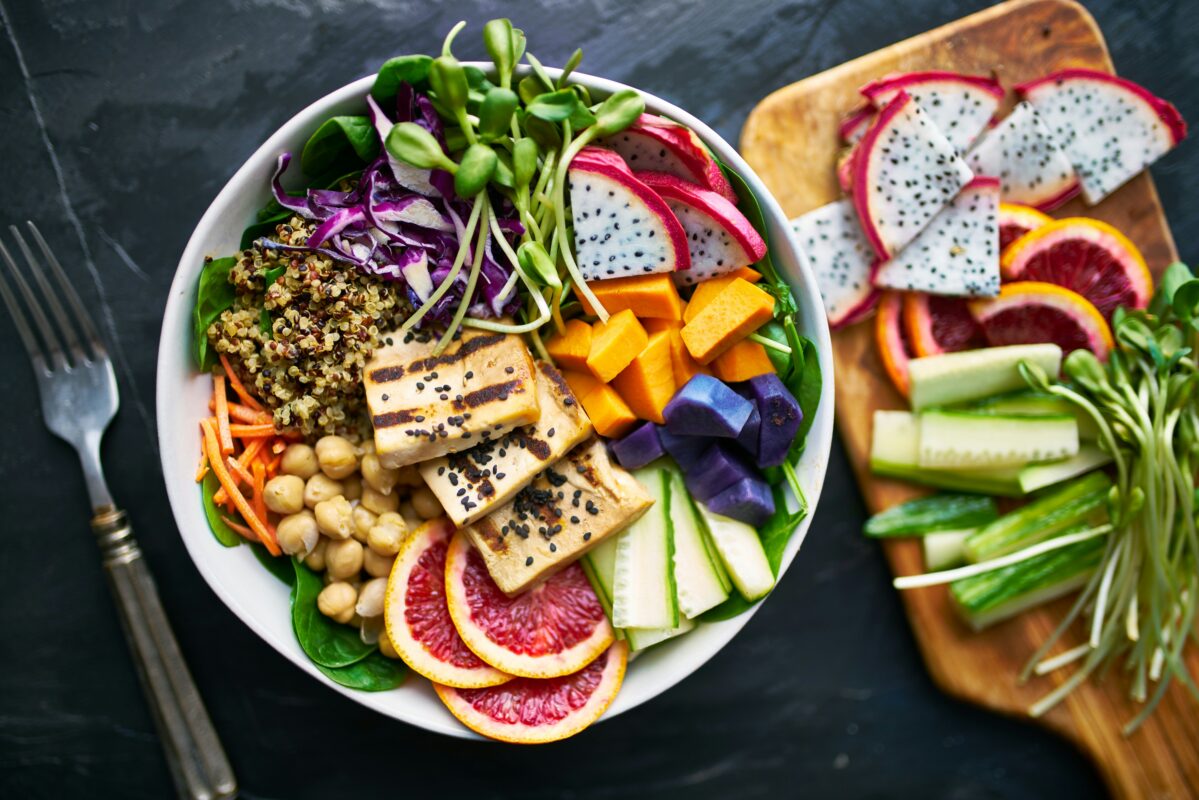Creatine, a substance that provides energy to muscle cells, has become a popular supplement among fitness enthusiasts. While it’s commonly consumed as a powder mixed into drinks or shakes, creatine is naturally present in various foods and is also produced by the body itself.
For those invested in fitness, creatine is often touted as an essential supplement. In fact, aside from protein powder, it’s considered one of the most effective ways to boost muscle growth and endurance. Popular on platforms like #GymTok, influencers regularly praise creatine for its benefits, which include improving muscle growth, enhancing endurance, and even supporting mental energy during workouts. You can find numerous creatine supplements in stores, but they don’t come cheap.
Interestingly, many people already get adequate amounts of creatine through a balanced diet, making supplementation unnecessary for some. Before purchasing a creatine powder, consider increasing your intake of natural, creatine-rich foods.
What Is Creatine?
Creatine is a compound that plays a key role in energy production in the body. According to Natalie Rizzo, a registered dietitian and nutrition editor for TODAY.com, we obtain creatine from foods, mainly those high in protein, and our bodies produce it as well. The synthesis occurs in the liver, kidneys, and pancreas from three amino acids: arginine, glycine, and methionine.
“Creatine is a natural energy source. We make half of it in our liver, kidneys, and pancreas, and the other half comes from the food we eat,” explains Frances Largeman-Roth, a registered dietitian-nutritionist. Most of the creatine produced is stored in the skeletal muscles, where it helps with muscle contractions by providing energy during physical activity. A smaller portion is used in the brain, heart, and other organs.
Creatine is available as a supplement in powder, pill, or liquid forms.
Benefits of Creatine
Creatine offers a range of health benefits, especially in the realms of fitness and cognitive function. Some of the key benefits include:
Improved performance: Creatine is most widely studied for its impact on athletic performance, especially during activities requiring quick bursts of energy, such as lifting weights or sprinting.
Faster recovery: It can also aid muscle recovery, reducing the time needed to repair muscle fibers after exercise.
Increased strength and muscle mass: Combined with exercise and protein, creatine can help increase muscle mass and strength by supporting muscle repair and growth.
Enhanced brain function: Recent research suggests that creatine may help reduce mental fatigue, maintain energy levels in the brain, and even protect against cognitive decline.
How Much Creatine Do You Need?
While there is no universally agreed-upon dosage for creatine, the average person who consumes a balanced diet typically gets around 1-3 grams of creatine per day. Half of this amount is produced by the body, while the rest comes from food. The liver, kidneys, and pancreas synthesize about one gram of creatine daily.
To maintain optimal creatine levels, one must consume foods rich in this nutrient regularly.
Foods Rich in Creatine
Creatine is most abundant in animal-based products, particularly meat, fish, and poultry. Dairy and eggs also contain some creatine. Although no plant-based foods provide creatine directly, they contain the amino acids necessary for creatine synthesis in the body. Therefore, eating a well-rounded diet of vegetables, legumes, whole grains, fruits, nuts, and seeds is important for maintaining creatine production.
Here are some top creatine-rich foods:
Herring: One of the best natural sources, herring provides 3-4.5 grams of creatine per pound.
Pork: A great source, with one pound of raw pork containing around 2.3 grams of creatine.
Beef: A highly effective creatine source, providing approximately 2 grams per pound.
Salmon: Rich in creatine, with around 2 grams per pound of raw fish.
Lamb: Provides around 1-2 grams of creatine per pound.
Cod: A lighter option for those not keen on red meat, cod offers about 1.4 grams per pound.
Chicken: Though lower in creatine, chicken still provides a fair amount—around 0.3 grams per 6-ounce breast.
Who Needs a Creatine Supplement?
Individuals who may not get enough creatine from their diet, such as vegans or vegetarians, might benefit from supplementation. Typically, the recommended dosage is 3-5 grams per day. However, those who consume plenty of meat and fish may not need additional creatine, according to experts.
It’s also important to note that people with certain health conditions, like kidney disease, liver disease, or diabetes, should avoid creatine supplements. Always consult with a healthcare professional before starting a new supplement or making significant changes to your diet.
In conclusion, while creatine supplementation can be beneficial for those who need it, many can meet their creatine needs by consuming a balanced diet with creatine-rich foods.

